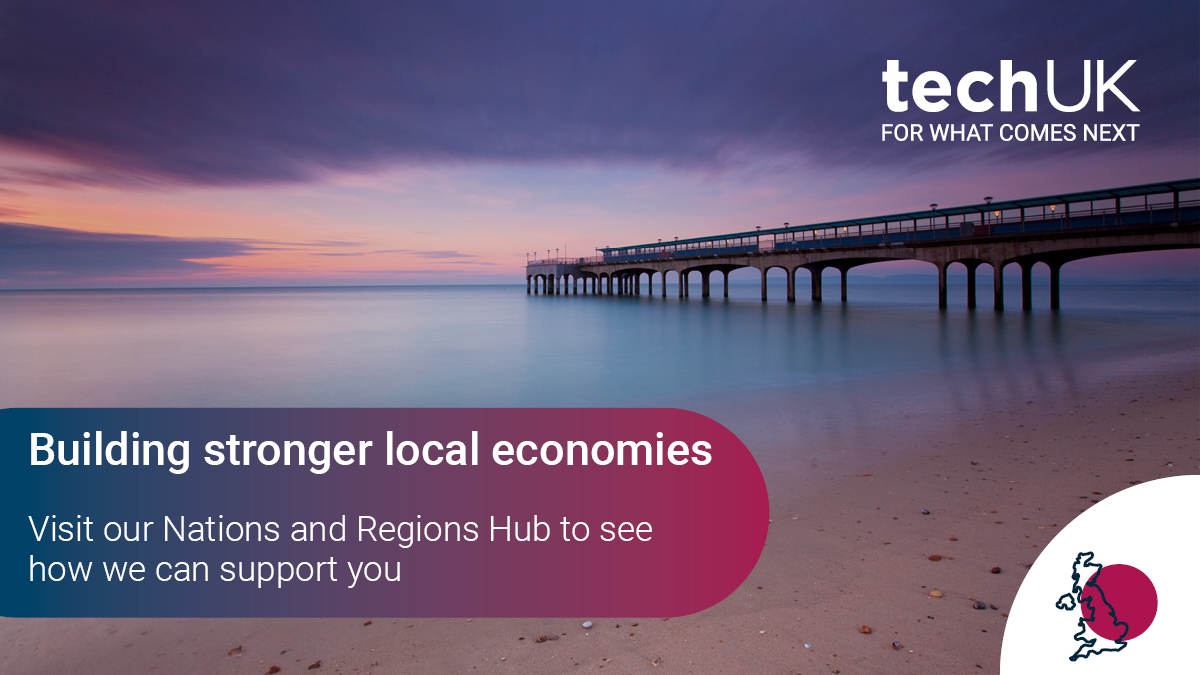The importance of technology in the era of COVID-19
The impact of the coronavirus pandemic is causing everyone to revisit the global norms that have been the backdrop for business for the last century. Coupled with emerging technologies, socio-demographic shifts, and political and economic uncertainty, COVID-19 will change entire economic and geopolitical systems. In addition, the nature of trade is undergoing a profound shift in an increasingly digital, interconnected cyber world. Resilience and connectivity will be the new watchwords as organisations seek to adjust to this unpredictable future.
Here at BMT we are seeing an accelerating shift to a digital world. During the lockdown we have adapted quickly to new ways of working, new methods to engage with customers, our workforce, and the community. We are seeing a streamlining of decision-making processes and the use of technology and data to increase responsiveness and planning. As an engineering and services consultancy with a global footprint, many of our teams are used to working extensively over digital platforms, but the ability of our in-house IT teams to react quickly and put in place the facilities for home working has been fantastic. This has enabled us to work via a variety of digital channels, creating amazing connectivity between our colleagues and our customers. There are some rather unexpected benefits, our productivity has significantly increased, largely we believe through a reduction in travelling, as commuters, but also to attend meetings. Online meetings are also often shorter and more focussed. We believe that having created these skills and techniques, they will remain in a post coronavirus pandemic world as we see a renewed focus on business continuity and resilience.
One thing we have seen all over the world is that kindness is prevailing in uncertain times, helping people to connect and communities to cope with the impact of the pandemic. Collaboration is a strategic priority for our business, but it’s also a lifeline for our local communities during these challenging times. As we do our utmost to protect our employees and keep our business running, we’re proud to use our expertise to help our local communities in lots of different ways. We’ve launched some STEM (Science, Technology, Engineering and Maths) activities to help parents keep their children occupied and engaged in learning. The STEM challenges have been tailored to different age groups and not only are the projects fun, but they can help spark a lifelong interest in a STEM subject area and potentially even start them on the path to a STEM career.
We have also joined forces with a UK initiative to pool 3D printing resources to support the shortages of the UK National Health Services (NHS) Personal Protective Equipment. We’ve utilised our own 3D printer alongside employee-owned printers and another printer purchased with staff donations to create protective head visors and surgical mask ear guards.
Isolation and loneliness in our community is a recognised mental health problem, made worse since the threat of COVID-19. Over the coming months there will be a greater need for communities to come together with practical support and new technologies can play a part. As the response to the pandemic has shown, the need to rapidly develop and deploy technologies has broken traditional industrial silos. It sees state of the art technology companies working with more traditional engineering sectors to deliver urgent medical solutions. This sets a new norm, one where co-creation through collaboration, using looser more dynamic and agile networks of trusted organisations will be the new “business as usual”.
techUK – Building Stronger Local Economies
techUK champions the tech sector throughout the UK. We work with local authorities, devolved government, and local and national policy makers to advocate for the tech sector in strengthening economic growth and resilience. We provide opportunities for our members and local stakeholders to meet, build relationships, and collaborate to drive forward local projects. For more information or to get in touch, please visit our Nations and Regions Hub and click 'contact us'.


